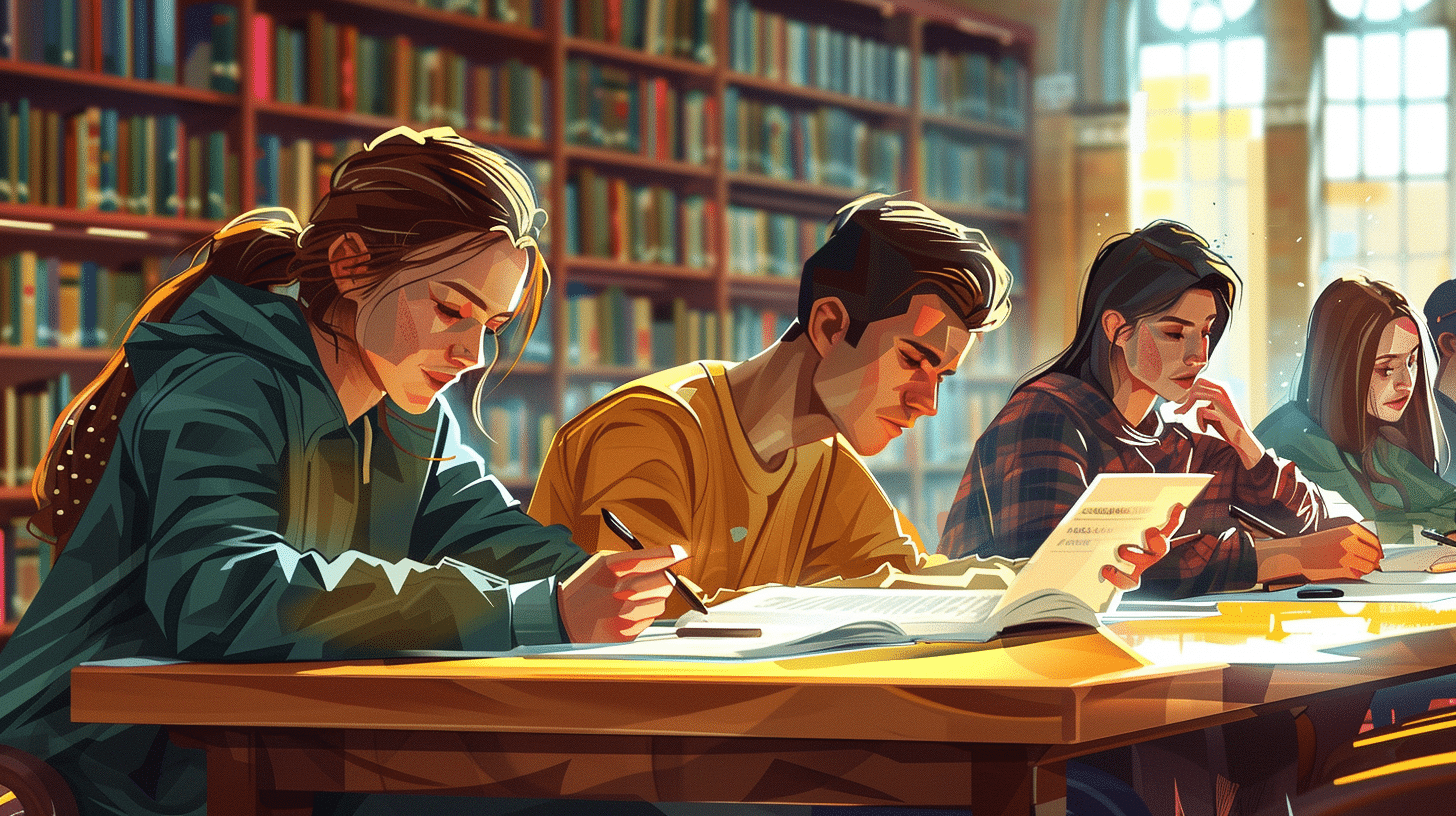Pick a language and start learning!
Possessive adjectives Grammar Exercises for Bulgarian Language

Possessive adjectives play a crucial role in the Bulgarian language, enabling speakers to indicate ownership or relationships between objects and people. Understanding how to correctly use these adjectives can greatly enhance your fluency and accuracy when constructing sentences. In Bulgarian, possessive adjectives agree in gender and number with the noun they modify, not with the possessor. This means that the form of the adjective will change depending on whether the noun it describes is masculine, feminine, neuter, or plural.
To master possessive adjectives, it is essential to practice them in a variety of contexts. This will help you become comfortable with their different forms and uses. Our collection of grammar exercises is designed to provide you with a comprehensive understanding of how possessive adjectives function in everyday Bulgarian speech. By engaging with these exercises, you will develop a stronger grasp of how to convey possession accurately and naturally, whether you are talking about your own belongings, describing relationships between others, or discussing various objects.
Exercise 1
<p>1. Това е *моят* дом (my house).</p>
<p>2. Къде е *твоята* книга? (your book)</p>
<p>3. *Неговият* брат е лекар. (his brother)</p>
<p>4. Тя обича *нейното* куче. (her dog)</p>
<p>5. *Нашата* кола е червена. (our car)</p>
<p>6. *Вашият* учител е много добър. (your teacher, formal)</p>
<p>7. *Техният* апартамент е голям. (their apartment)</p>
<p>8. Това е *моето* любимо място. (my favorite place)</p>
<p>9. *Твоето* коте е сладко. (your kitten)</p>
<p>10. *Нейните* приятели са тук. (her friends)</p>
Exercise 2
<p>1. Това е *моят* телефон (whose phone?).</p>
<p>2. Къщата на *нашите* приятели е голяма (whose friends?).</p>
<p>3. *Неговото* куче е много игриво (whose dog?).</p>
<p>4. *Тяхната* кола е паркирана отпред (whose car?).</p>
<p>5. Обичам да чета книги в *моята* стая (whose room?).</p>
<p>6. *Твоето* училище е близо до парка (whose school?).</p>
<p>7. *Нейните* родители са много мили (whose parents?).</p>
<p>8. *Нашата* градина е пълна с цветя (whose garden?).</p>
<p>9. *Техният* дом е много уютен (whose home?).</p>
<p>10. *Моята* сестра е добра ученичка (whose sister?).</p>
Exercise 3
<p>1. Това е *моята* котка (чия е котката?).</p>
<p>2. *Твоят* брат е много умен (на кого е брат?).</p>
<p>3. *Неговата* книга е на масата (чия е книгата?).</p>
<p>4. Видях *нейната* чанта в колата (чия е чантата?).</p>
<p>5. *Нашият* дом е на края на улицата (чий е домът?).</p>
<p>6. *Вашата* градина е много красива (чия е градината?).</p>
<p>7. Те загубиха *техните* ключове (чии са ключовете?).</p>
<p>8. *Моята* сестра живее в София (чия е сестрата?).</p>
<p>9. *Твоето* куче обича да играе (чие е кучето?).</p>
<p>10. *Неговият* автомобил е червен (чий е автомобилът?).</p>






